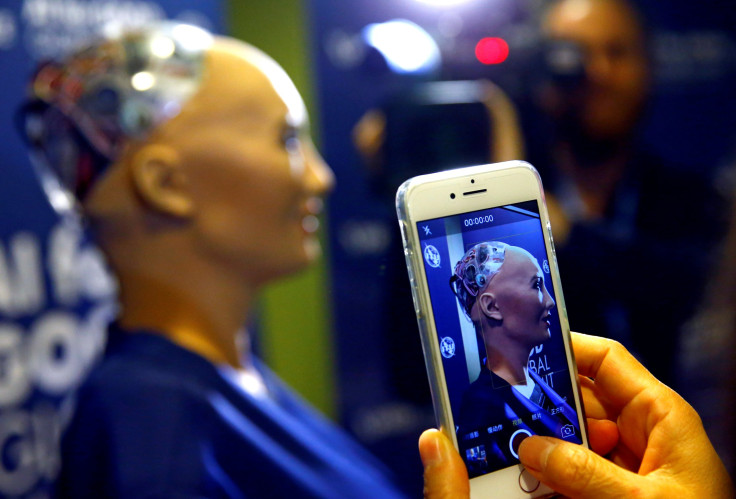How AI Technology Adoption In Healthcare Is Changing The Industry

While many fields including business, production, automotive technology among others have started using artificial intelligence (AI) in different aspects of their everyday functioning, one field that is still largely dependent on human efforts and intelligence is healthcare. While it is definitely critically important to rely on human expertise in some parts of healthcare, this largely untouched field could really benefit from AI in other parts such as medical information management.
Data management is very important in the medical field and AI can help keep track of large amounts of medical data, which in turn might help improve patient treatment.
Many start-ups have seen the opportunity at hand and are working on automating healthcare using AI as much as possible. There are many diseases, varied diagnosis and the potential in disease treatment, research and patient care presents a huge opportunity and might also serve as the ultimate test for AI’s utility. One thing is sure, if documentation and general analysis become automated — it will free up doctors for ultimately finding cures and preventive care treatments for diseases and improve healthcare overall.
One such endeavor is IBM Watson, which is being used by leading cancer care centers to help create a cognitive computing system. It actually incorporates the huge amount of research in the field and uses patients’ clinical information to identify individualized, evidence-based treatment suitable for them using the opinion of specialists in the field.
Tricog, a start-up specializing heart disease care uses AI to help narrow the time gap in which patients get a diagnosis of heart diseases. It stores medical data in the cloud and alarms the doctor immediately if there are abnormalities in the patient’s ECG, which can be taken using a small portable device. It also provides a simplified ECG analysis to the patients. The company’s tech is expected to warn patients in advance using AI-based modules, provide doctors with important information at their disposal along with warnings of heart-related ailments, which could result in saving lives.
According to The Next Web, AI based health assistants such as Your.MD might help in outpatient care by informing patients about small illnesses such as cold and cough and even providing them prescriptions for such ailments, using its vast network of information that will diagnose causes according to symptoms. The assistant uses machine learning to create a map of the user’s condition and provide a personalized experience. It could also reduce patients’ reliance on self-diagnosis by providing them authentic and reliable guidance on general ailments. AI algorithms use large volumes of data and work according to consistent patterns to provide treatment and prevention for diseases. They also don’t degenerate with age like humans, in fact, as they get hold of more information, they grow more precise.
Read: Artificial Intelligence News: Could AI Offer Therapy, Mental Health Services?
Most importantly, even though healthcare might always be commanded by doctors, AI-based solutions such as Your.MD can actually take care of lesser ailments and free up doctors’ time so that they can attend to more critical patients.
© Copyright IBTimes 2025. All rights reserved.


















